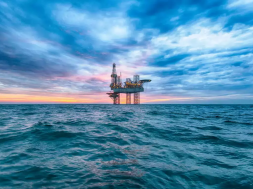
Experts gather to give strategic direction to upcoming World Energy Outlook special report on energy and development
The latest IEA country by country data finds that 1.2 billion people have no access to electricity and 2.7 billion still cook their food using dangerous, polluting stoves that are linked to 3.5 million premature deaths from household air pollution each year. This lack of modern energy acts as a major brake on efforts to reduce poverty, improve health, education, gender equality and a range of other positive economic and social outcomes.
Despite positive gains in a number of countries, the IEA’s World Energy Outlook 2016 concluded that the pace of progress, scale of investment, and breadth and depth of capacity is not yet enough to achieve the Sustainable Development Goal of ensuring access to affordable, reliable, sustainable and modern energy for all by 2030 (SDG7).
Against the backdrop of this challenge, on 27 March 2017 the IEA brought together over 100 experts from 30 countries from governments, business, academia and the finance sector to share best practices and policy actions needed to scale up action to achieve SDG7. The discussion will provide strategic direction for a new WEO special report titled Energy Access Outlook: from Poverty to Prosperity.
Workshop participants conducted a thorough review of the current energy situation in regions suffering most acutely from a lack of modern energy, in particular Africa and developing Asia, as well as sessions dedicated to identifying a strategy to achieve modern energy for all by 2030, how energy development can unleash productive economic activity and accelerate economic growth, and whether the pathway to universal modern energy access will follow or diverge from the centralised energy sector development path taken by many.
The IEA’s World Energy Outlook has been conducting analysis on energy access for nearly two decades and will publish the new special report in October 2017.















